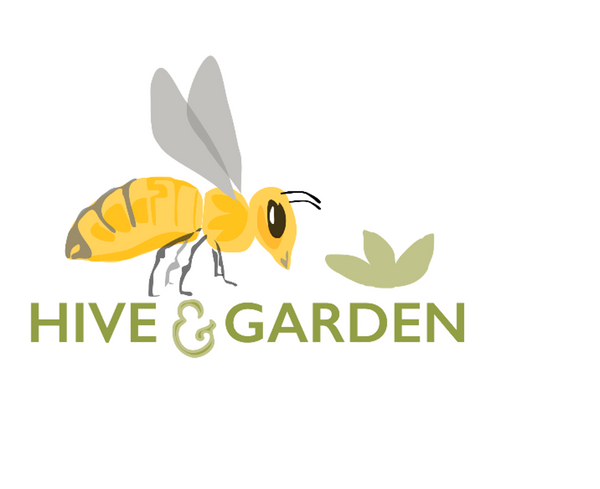Blogs & Tutorials
Colony Splits: Basic Principles- Part 3
Link to PDF version- includes pictures & diagrams Queen Excluder Split Overview: This method is a way of splitting a hive when you can’t find the queen but want to make...
Colony Splits: Basic Principles- Part 3
Link to PDF version- includes pictures & diagrams Queen Excluder Split Overview: This method is a way of splitting a hive when you can’t find the queen but want to make...
Colony Splits: Basic Principles- Part 2
Link to PDF version- includes pictures & diagrams Specific Colony Split Methods Selecting a Split Method: One of the more daunting aspects of colony splits is deciding which of the...
Colony Splits: Basic Principles- Part 2
Link to PDF version- includes pictures & diagrams Specific Colony Split Methods Selecting a Split Method: One of the more daunting aspects of colony splits is deciding which of the...
Colony Splits: Basic Principles- Part 1
Link to PDF version- includes pictures & diagrams This guide reviews the fundamentals of colony splits, and then outlines some of the more common approaches. A good starting point of...
Colony Splits: Basic Principles- Part 1
Link to PDF version- includes pictures & diagrams This guide reviews the fundamentals of colony splits, and then outlines some of the more common approaches. A good starting point of...
Mason Bee Cocoon Tips
Pointers on storage and management of mason bees and cocoons. 1. Store the cocoons at 35-38 degrees F. and 60-70% humidity. A fridge is usually in the 35-38 degree range...
Mason Bee Cocoon Tips
Pointers on storage and management of mason bees and cocoons. 1. Store the cocoons at 35-38 degrees F. and 60-70% humidity. A fridge is usually in the 35-38 degree range...
Mason Bees
Mason bees are native, solitary, stingless bees who have earned a reputation as one of the hardest working pollinators. They are known as “mason” bees because of the mud they...
Mason Bees
Mason bees are native, solitary, stingless bees who have earned a reputation as one of the hardest working pollinators. They are known as “mason” bees because of the mud they...
Feeding Your Bees
Feeding Your Bees: This is a surprisingly large topic, and we will not cover it comprehensively here. Instead, we will outline some basics, including, why feeding is even necessary, what...
Feeding Your Bees
Feeding Your Bees: This is a surprisingly large topic, and we will not cover it comprehensively here. Instead, we will outline some basics, including, why feeding is even necessary, what...
